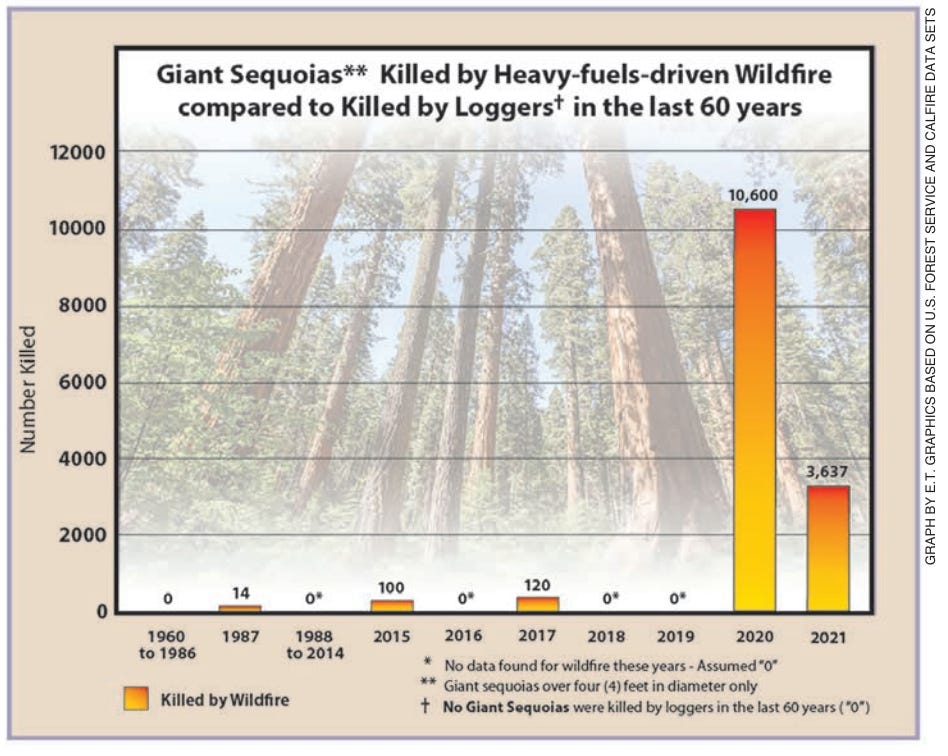CHAPTER 29: All Wrong
Chase Stanford read the email from The Tribune’s Managing Editor Patrick Chapman. It was curt: Email me Grace Newman’s draft.
Shit! The Business Editor must have forwarded my email to him, thought Chase. He texted Grace: Email me your story/notes ASAP.
She texted back: It’s rough. Need a few more days.
A pause and then his text: No. Send it to me now.
Grace emailed the file and Chase forwarded it to Patrick Chapman. His secretary forwarded it to the Legal Department and sent Chapman a text that it was done.
Damn traffic, cursed Patrick Chapman from his seat in the back of his limo. Grace Newman was quickly forgotten as he scanned The Wall Street Journal on his tablet.
<><><><>
At the Legal Department of The Los Angeles Tribune, Patrick Chapman’s name on the request got Bruce Rudin’s attention. He canceled his lunch date and ordered a burger delivered to his desk.
Rudin rolled his eyes. The article had the potential to insult a wide variety of advertisers, even trigger a few lawsuits. What was her editor thinking allowing an environmental reporter loose on a business story? he thought.
Rudin started his research by familiarizing himself with the foundations and environmental groups Grace named. He pulled up websites and cross checked directors with those on the various Tribune foundations. There was some overlap. This could be tricky, he thought.
An hour into his analysis, Rudin zeroed in on Grace’s notes about Robert Patton/Mark Reading/Seamus Boyle, the Rockefeller Charitable Trust, and Montreux Trading.
He Googled Robert Patton, Mark Reading and Seamus Boyle but he couldn’t find any public profiles, not even a Facebook page.
Montreux Trading International, a privately held Swiss corporation, had a handsome website with a mention of Montreaux Trading Global but not much detail on either. There was no listing of directors.
There was no website for a Rockefeller Charitable Trust, but Grace’s notes provided a phone number. He called it and left a message. An hour later, a Warren Jonah returned the call. Rudin introduced himself as one of the lawyers on staff at The Los Angeles Tribune. “Mr. Jonah,” he said, “Can you tell me about your organization?”
Jonah, at a desk in White Plains, frowned, but kept his voice calm, “Yes, of course. How may I help you?” he asked.
“You’re a nonprofit foundation?” asked Rudin. “I couldn’t find a website or info on Guidestar. Can you email me last year’s 990s?”
“Apologies. We’ve been reorganizing. We’re always happy when the press takes an interest in our work,” said Jonah. “I can email over information on the Trust.”
Very efficient, thought Bruce Rudin, giving him his email.
“Is this for a story? Why don’t you have your reporter call me directly?” asked Jonah. “I’d be happy to help with his research.”
“It’s a she,” said Rudin, giving him The Tribune’s main number, Grace’s extension and her email. “She’s one of our environmental reporters, Grace Newman.”
“Thank you,” said Jonah. “I’ll email that information to you shortly, Mr. Rudin. Please contact me anytime with questions. Have a good day.”
Bruce Rudin completed his preliminary analysis with a recommendation that Grace not pursue the story without the involvement of the Business Editor and Legal Department. Rudin sent the analysis to Patrick Chapman’s office and had his secretary contact Chase Stanford to arrange a meeting.
It wasn’t until three days later that Bruce Rudin realized he’d never received the Rockefeller Charitable Trust information.
Oh, well, he thought, it probably isn’t important.
<><><><>
From a cellphone with a blocked caller ID, Warren Jonah called the number. “This is Grace Newman at The L.A. Tribune,” said a woman’s voice. “I’m currently on assignment on the Olympic Peninsula. Please leave a message and I’ll get back to you as soon as possible.” BEEP.
Jonah ended the call and typed the information into his report, ran the spell check and emailed it to his contact in Bonn.
<><><><>
Grace curled up in an overstuffed leather chair in the Armstrong’s living room. Piled next to her were stacks of magazines: Loggers World, The Logger and Lumberman, Oregon Fish and Wildlife Journal, Range and Evergreen Magazine plus dozens of newsletters from grassroots groups, including back issues of The Yellow Ribbon Express.
Surveys on the best chainsaws, advertisements for chippers, yarders, delimbers, rigging, hydraulic systems. Where to find the best fly-fishing, elk and deer hunting. Articles and editorials critical of the Endangered Species Act, Wild and Scenic Rivers Act, National Environmental Policy Act, and on and on.
She flipped through Evergreen Magazine’s Spring 2017 issue, read a sobering prediction:
More than 90 million acres of the west’s federal forest estate is in what fire ecologists call Condition Class 3, meaning it is ready to burn, or Condition Class 2, meaning it soon will be.
The middle column on page two was given over to just one sentence:
If annual mortality in National Forests east of the Washington Cascades could be compressed into one solid block of wood the dimensions of the Seahawks’ CenturyLink Stadium, the block would rise more than one mile into the sky.
In an interview, Gloria Flora, a retired Forest Service employee turned forest management advocate, stated:
Unfortunately, in some areas we no longer have the infrastructure—the wood processing capacity or the markets—needed to handle all of the by-products of the restoration work that needs doing.
Has it reached critical mass? Infrastructure collapse? Grace wondered, overwhelmed with what she was learning, what she was thinking, wondering how she was going to make sense of this in a way that would keep her editor and The Los Angeles Tribune happy.
She sighed. Focus on the details, she told herself. Follow the trail in front of you.
Grace had sent Mark Reading’s info to Lauri Brown, her researcher at The Tribune and Lauri texted her that she had info. Grace called her.
“OK,” said Lauri, “that Washington State license plate is registered to a Mark Reading at a Seattle Post Office box. The Cessna is registered to International Skyways, owned by Marston & Miller, the same company that owns Robert Patton’s Brentwood townhouse.”
“What a coincidence!” said Grace.
“Mark Reading also has a pilot’s license.”
“Let me guess,” said Grace. “Spitting image of Robert Patton and Seamus Boyle?”
“They could be clones,” said Lauri.
“Email me?”
“You got it,” said Lauri.
Grace’s phone vibrated with a text from Chase Stanford: Book a return flight. Legal wants a meeting ASAP.
“Shit,” said Grace.
“What is it?” asked Lauri.
“Chase wants me back in L.A.”
“I hope you’re not in trouble, Grace,” said Lauri. “Shit, shit and triple shit.”
<><><><>
When Jackson came home hours later, Grace had built a fire and was in the big leather chair in the living room, typing furiously into her computer. Scout lay sleeping at her feet. She looked up as Jackson walked over and warmed himself by the fire.
“It’s overwhelming,” she said, exhausted. “I am going to need a team and my editor—”
Her cell phone, lying on the coffee table, chirped. They both saw the caller ID: Tony Dixon. She let it go to voicemail.
“So,” he said, “Tony?”
“My ex,” she said.
“Ex-husband or ex-boyfriend?”
“Ex-boyfriend,” she said.
“How long were you together?”
“Two years,” she said. “One good one.”
“Kids?” he asked.
“No.”
“You parted ways when?”
“Five months ago.”
“Do you still love him?”
“Sometimes.”
“Sometimes?” he asked.
“Sometimes, I think I do. Then I remember all the reasons I wanted out.”
He turned to the fire. “We’re low on wood,” he said.
Grace studied the stack of logs. No, we’re not, she thought. A minute later, through the kitchen window, she watched him split wood with a vengeance.
Oh, God, she thought, I did that all wrong.






